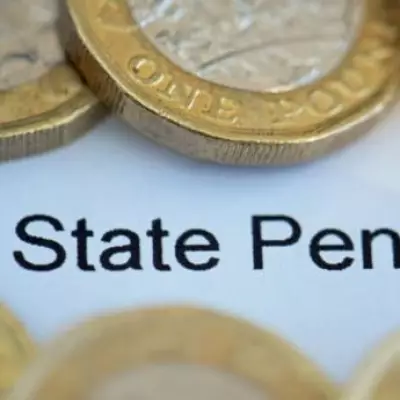
In a significant move that will bring relief to millions of households, HM Revenue and Customs is preparing to write off substantial tax debts accumulated by ordinary workers during the COVID-19 pandemic.
What's Happening with Your Tax Bill?
The tax authority has identified approximately 1.5 million people, primarily employees and pensioners, who unknowingly underpaid taxes between 2018 and 2023 due to administrative errors and pandemic-related disruptions to the PAYE system.
Who Exactly is Affected?
The individuals set to benefit from this debt forgiveness are typical workers and pensioners rather than wealthy individuals or large corporations. Most owe relatively small amounts - often less than £300 - that accumulated through no direct fault of their own.
The core issue stems from problems within HMRC's real-time information system, which processes tax codes and deductions automatically. During the pandemic's upheaval, many people switched jobs or experienced changes in income that the system struggled to track accurately.
Why HMRC is Taking This Approach
Officials have determined that pursuing these widespread small debts would be "disproportionately expensive" compared to the amounts owed. The administrative costs of collection would likely exceed the revenue recovered in many cases.
Additionally, there's recognition that many affected individuals are already facing significant cost of living pressures, making this an opportune moment for financial relief.
What You Need to Know
- Debts will be automatically written off - no application needed
- Affected individuals will receive notification from HMRC
- The write-off applies specifically to underpayments from 2018-2023 tax years
- Only those owing less than £3,000 are likely to be included
Broader Implications for Taxpayers
This decision represents a pragmatic approach by HMRC at a time when many British households are grappling with rising bills and inflation. It acknowledges both the administrative challenges of the pandemic period and the current economic realities facing ordinary workers.
The move is expected to provide welcome breathing space for thousands of families who might otherwise face additional financial stress from unexpected tax bills.
While HMRC will continue pursuing larger tax debts and deliberate avoidance, this compassionate approach to small, accidental underpayments signals a recognition that the system itself shares responsibility for these widespread errors.





